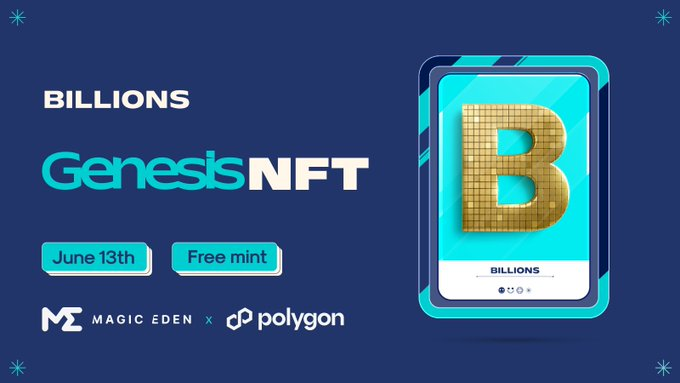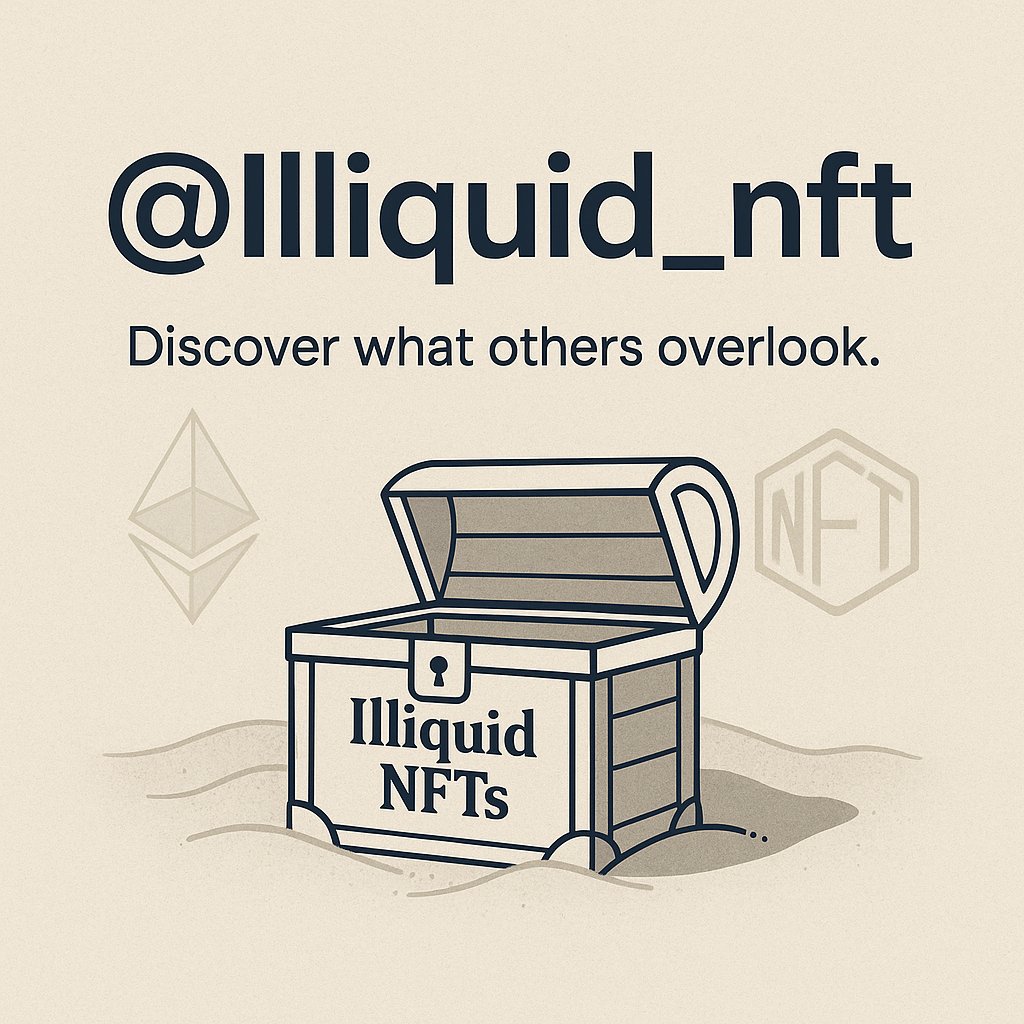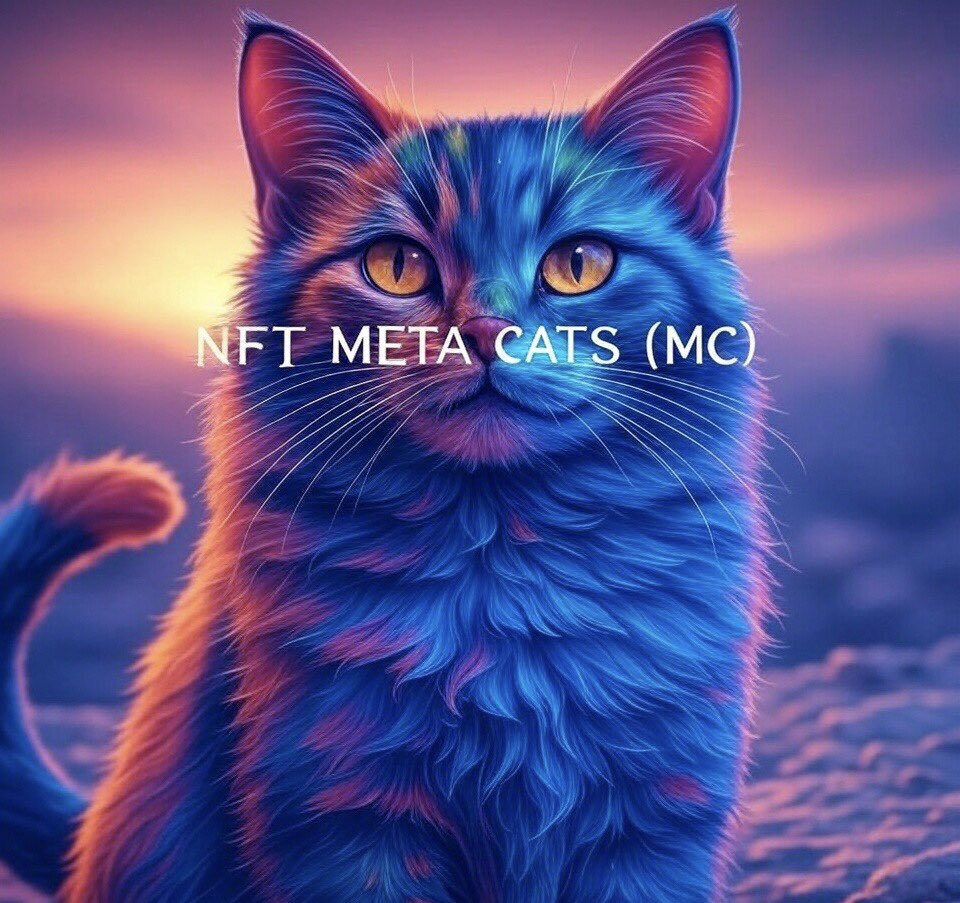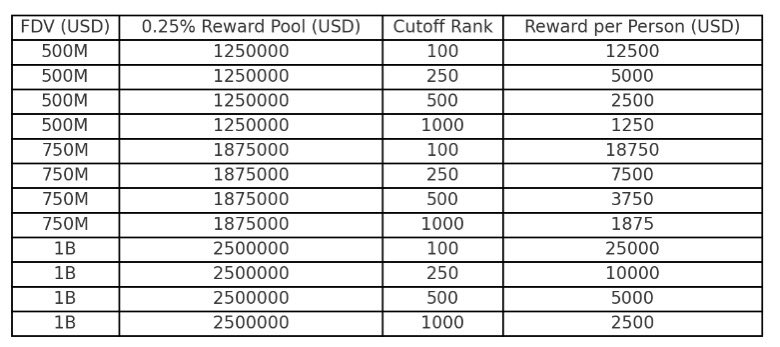—
Introduction: AI as the Engine Driving Web3 Evolution
Artificial Intelligence (AI) is no longer a futuristic buzzword confined to tech conferences—it has become the hidden powerhouse reshaping industries, especially within the Web3 and NFT arenas. By mid-2025, AI’s symbiotic relationship with blockchain technologies is redefining how we approach decentralized finance (DeFi), digital collectibles, and community engagement. This report explores the multifaceted role of AI in the Web3 ecosystem, offering a deep dive into how AI transforms data analytics, trading precision, user experience, and project development.
—
Breaking Down Complex Data: AI’s Role in Making Sense of Web3’s Flood
Web3 environments, by nature, produce vast oceans of data. From smart contract executions and transaction volumes to on-chain wallet activities and social sentiment analysis, the sheer volume of information can overwhelm even seasoned traders and developers. AI algorithms act as the sophisticated filters in this chaos, extracting actionable insights and revealing hidden patterns.
Machine learning models, often leveraging deep neural networks, can predict trends based on historical data and real-time inputs, providing an edge in a market often marked by volatility. These AI-powered analyses transcend human limitations, catching subtle signals—like shifts in whale behavior or sentiment changes on decentralized social platforms—that otherwise would go unnoticed.
This capacity to synthesize and interpret complex data flows accelerates decision-making, enabling users to act promptly and strategically in an ever-fluctuating marketplace.
—
Enhancing NFT Valuation and Rarity Detection: AI’s Creative Edge
One of the trickier aspects of the NFT market lies in valuation and authenticity. Unlike fungible cryptocurrencies, NFTs carry unique attributes, making price assessment highly subjective and often speculative. AI steps in here with methods such as image recognition, generative adversarial networks (GANs), and rarity scoring algorithms.
By analyzing traits, historical price data, creator reputations, and even community engagement metrics, AI tools can assign more objective value indicators. For example, rarity calculators powered by AI can scan a collection to identify which tokens possess unique attributes that might elevate their desirability and market price.
Moreover, AI can assist in detecting counterfeit or plagiarized NFTs by cross-referencing new tokens against known collections, protecting both creators and collectors.
—
Revolutionizing Trading Strategies: From Gut Feelings to Algorithmic Precision
The NFT and DeFi markets have traditionally been vulnerable to hype-driven speculation and emotional decision-making. AI disrupts this cycle by empowering participants with data-backed strategies. Platforms integrating AI offer predictive analytics, risk assessments, and even automated trading bots that execute trades under set parameters, optimizing timing and minimizing losses.
AI’s ability to process vast datasets in near real-time allows it to spot emerging trends, such as sudden spikes in social media mentions or whale wallet activity, with faster reaction times than human traders. This real-time awareness can be decisive in capturing fleeting opportunities or exiting unfavorable positions promptly.
Furthermore, AI’s continual learning mechanisms enable these tools to refine predictions as new data arrives, enhancing accuracy over time.
—
Personalizing User Experience: AI Knows What You Want Before You Do
Beyond analytics and trading, AI enriches the Web3 user journey through personalization. Decentralized platforms can harness AI to customize interfaces, recommend NFTs, or tailor community engagement based on individual behaviors and preferences.
Imagine a marketplace that learns your taste in digital art or collectibles and proactively suggests emerging artists or collections aligned with your style and investment goals. Similarly, AI-driven chatbots and virtual assistants offer seamless support for navigating complex protocols, onboarding new users, or answering security-related queries.
This kind of personalization is crucial for Web3’s mainstream adoption, turning intimidating blockchain environments into intuitive, accessible, and engaging spaces.
—
Challenges and Ethical Considerations: Navigating AI’s Shadow Side in Web3
Despite its promise, AI integration in Web3 comes with caveats. Data privacy remains a prime concern; collecting sufficient user data to train AI models risks exposing personal information unless handled with care on decentralized networks.
Moreover, overreliance on AI might inadvertently concentrate power among those controlling these advanced tools, raising questions about fairness and accessibility. Not all participants possess equal access to AI-driven resources, potentially exacerbating existing market inequalities.
There is also a risk of AI perpetuating biases from training data or generating outputs that inadvertently manipulate user behavior in ways that compromise informed consent.
To safeguard the ethos of decentralization and transparency, Web3 stakeholders must balance innovation with robust governance frameworks, ethical AI design, and user empowerment.
—
Conclusion: AI as the Co-Pilot Steering Web3’s Next Frontier
As we look ahead, AI is less a mere tool and more a co-pilot in the Web3 journey, navigating the complexities of decentralized ecosystems. By distilling vast data, refining valuation, enhancing trading discipline, and personalizing experiences, AI equips participants with the clarity and confidence to explore Web3’s vast potential.
However, this promising alliance demands vigilance—ensuring that ethical considerations keep pace with technological advances will be critical to sustaining trust and inclusivity.
For investors, creators, and everyday users, embracing AI means stepping into a future where blockchain and intelligent algorithms work in tandem to unlock new realms of opportunity, making the promise of Web3 more tangible, vibrant, and resilient than ever before.
—
References
– Ponder One AI-Powered Web3 Platform
– Kaito AI and OpenSea Smart Trading Collaboration
– General AI Trends in Web3 and NFTs
– Machine Learning’s Role in DeFi Market Analysis
– Ethical AI in Blockchain Applications
—
*This report aims to illuminate the evolving nexus of AI and Web3 technologies as they converge in mid-2025, acknowledging their promise and complexities alike.*











